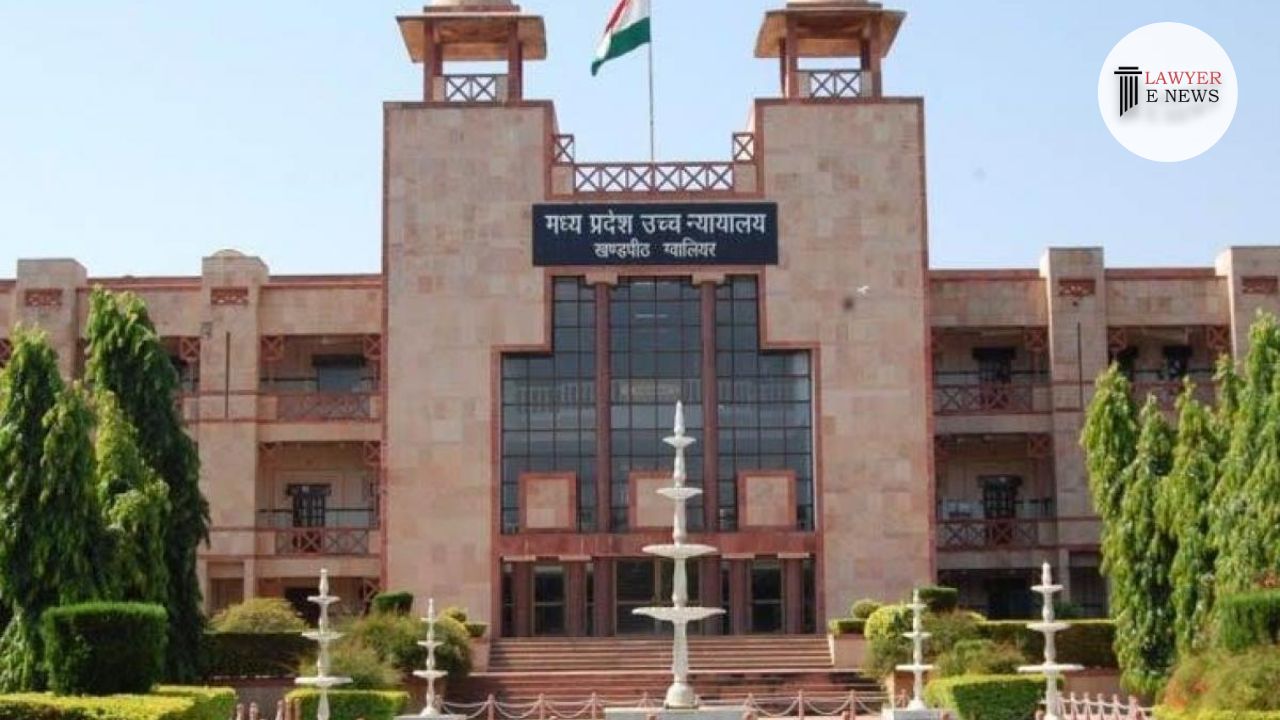-
by Admin
15 February 2026 5:35 AM



Indore, May 2024 - In a significant ruling, the High Court of Madhya Pradesh set aside the order of the trial court rejecting Mohammed Saeed's application for exemption from personal appearance due to attending his uncle's funeral. The judgment, delivered by Hon'ble Shri Justice Subodh Abhyankar, emphasized the necessity of procedural leniency in cases of unforeseen personal events.
Background: Mohammed Saeed, the petitioner, is facing trial under Sections 420, 406, 34, 467, 468, 471, 477-A, and 409 of the Indian Penal Code (IPC) in the Fourth Additional Sessions Judge's court in Indore. Previously granted bail on January 13, 2023, Saeed had been diligently attending court sessions. On March 15, 2024, the day he was scheduled to appear for evidence submission, Saeed attended his uncle's funeral, leading to his absence in court. His counsel filed an application under Section 317 of the Code of Criminal Procedure (Cr.P.C.) for exemption, which was rejected due to the absence of immediate proof of death.
Key Points of the Judgment
Justice Subodh Abhyankar overturned the trial court’s decision, granting Saeed the requested exemption. The High Court’s ruling highlighted several critical points:
Immediate Proof of Death: The trial court’s rejection was primarily based on the absence of a death certificate. However, the High Court accepted alternative proof provided by Saeed, including a necropolis receipt and an affidavit from his wife.
Procedural Justice: The judgment underscored the importance of balancing judicial rigor with personal circumstances. Saeed's consistent attendance in previous sessions was taken into account, suggesting his commitment to the judicial process.
Humanitarian Considerations: Justice Abhyankar emphasized the need for courts to consider humanitarian grounds, especially in cases involving immediate family emergencies.
Court Observations and Analysis:
Justice Abhyankar's decision was grounded in legal principles that prioritize procedural fairness and the humane treatment of defendants. The court observed that:
Nonappearance Justification: Saeed's nonappearance was justified given the unforeseen nature of his uncle's death. The court recognized the difficulty in obtaining a death certificate immediately after a death and accepted other forms of proof.
Balancing Act: The ruling reinforced the need for courts to balance strict adherence to procedures with compassion for personal emergencies, ensuring that justice is not only done but seen to be done in a fair manner.
Future Conduct: While granting the exemption, the court directed Saeed to ensure regular appearances in all future court sessions, thereby maintaining the integrity of the judicial process.
Conclusion: The High Court's decision in Mohammed Saeed's case is a significant affirmation of the judiciary's role in accommodating personal exigencies without compromising procedural integrity. This ruling sets a precedent for future cases where defendants face genuine emergencies, ensuring that justice is administered with both rigor and empathy.
Date of Decision: May 24, 2024
Mohammed Saeed v. The State of Madhya Pradesh & Priti
